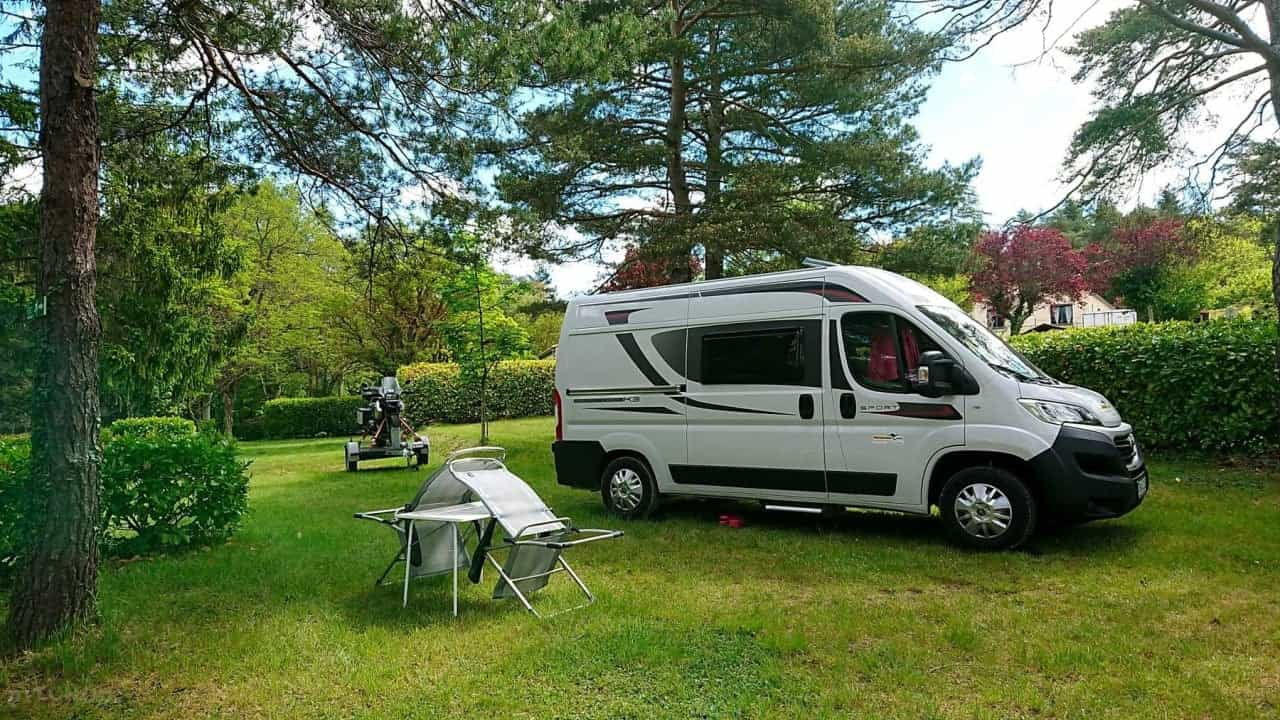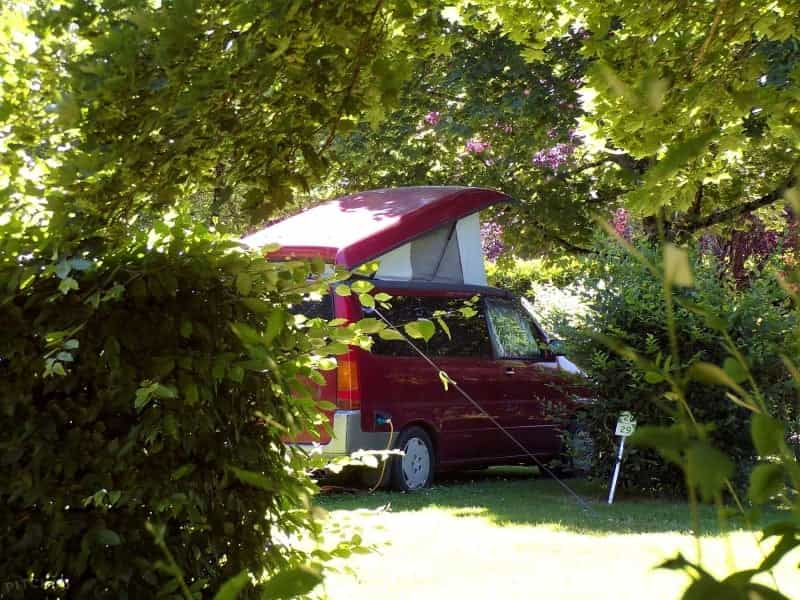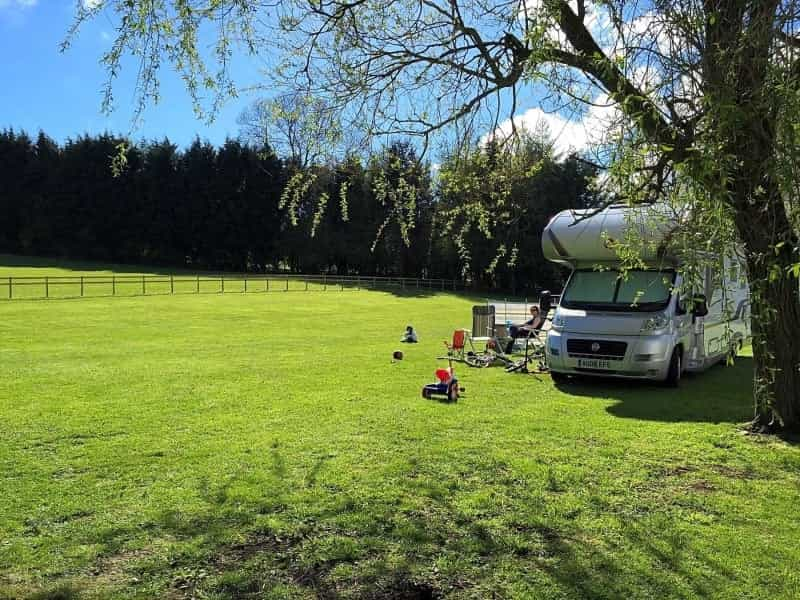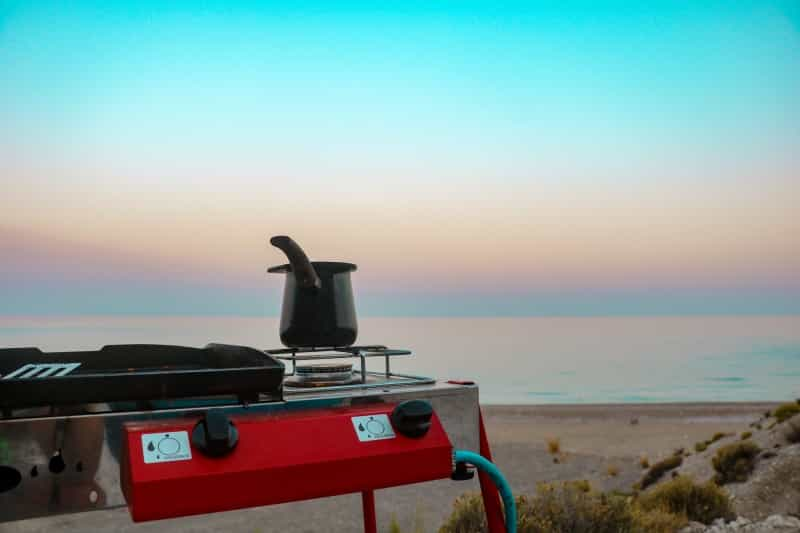Motorhome insurance
The world of campervans and motorhomes can be confusing for beginners. Some things, though, are essential to get right – like finding appropriate insurance to protect your motorhome, yourself and other drivers. Below, we set out what insurance you’ll need for your motorhome, why it’s so important to find the right policy, how to find the best quote, and what insurance you need if hiring a motorhome.

Why do you need motorhome insurance?
Anyone driving a motorised vehicle needs insurance – it’s a legal requirement. But why do you need special coverage for your motorhome or campervan?
1. Motorhomes are very different vehicles from cars. Although they are usually classed as cars for legal purposes, from an insurance perspective motorhomes have their own special characteristics. For instance, they are much bigger and heavier vehicles, are generally used for leisure and may cover long distances, often taking unfamiliar routes.
All of this means that motorhomes may be deemed more risky to insure than cars – even if you are an experienced driver with a good track record.
2. Motorhome insurance may be more flexible than traditional car insurance. Most people use their cars equally throughout the year, but it is likely that motorhome drivers will use their vehicles more in the summer months.
Because of this, many motorhome insurance policies allow you to freeze your insurance in the months when it’s off the road, given that there is little or no risk of causing an accident during these periods (although you may still wish to insure your vehicle against fire and theft – they are valuable and sought-after vehicles, after all).
In the UK, to benefit from such flexible policies, you will also need to apply for a Statutory Off-Road Notification (SORN) from the DVLA. This will also exempt you from paying road tax while your motorhome is not in use.
3. Motorhomes often contain valuable equipment, fixtures and fittings.
If you have contents insurance for your home, it is unlikely to cover personal property stored in your motorhome or campervan. Some items – such as televisions, awnings and leisure batteries – can be expensive to replace or repair, and it’s important to bear this in mind when looking for a policy.

What kind of motorhome insurance do you need?
As with car insurance, when it comes to insuring a motorhome or campervan there are different levels of coverage available:
-
Third party insurance is the most basic form of policy. It is the only form of motorhome insurance that is required by law and only contains provisions for compensating other road users for injuries or damage to their vehicle that you are responsible for.
-
The next tier up is third-party, fire and theft insurance, which also provides cover in case your motorhome is stolen or catches fire.
-
Fully comprehensive insurance (also known as ‘fully comp’) covers a much wider range of scenarios, including damage caused to your vehicle in cases when you are at fault. It may also insure certain parts of your vehicle (such as its windscreen), its contents and have the option for breakdown cover.
Fully comprehensive insurance is the best option for most motorhome owners. Motorhomes are very expensive vehicles, and you do not want to run the risk of causing major financial damage in the event of an accident.
In addition, fully comprehensive motorhome insurance is not always the most expensive option. Over time, insurers have realised that many high-risk drivers opt for third party only insurance as a way to reduce their costs. This has actually driven up the cost of many third party insurance policies, meaning that fully comprehensive cover may in fact be both better and cheaper.
Other types of insurance are also available for motorhomes. These include:
-
Temporary motorhome insurance, so you can allow family and friends to borrow your motorhome or campervan for a short period of time. (It may, however, be cheaper simply to add them to your main policy as a named driver).
- Self-hire motorhome insurance is designed for motorhome owners who plan to hire out their vehicle to paying customers. Annual policies can be expensive, but on average the full cost of the policy can be earned back within a few weeks of the vehicle being hired out.
If you are struggling to know exactly what insurance you need, there are several companies dedicated to offering insurance for motorhomes or campervans, who will be happy to help advise you on what is best. Some of these companies include: Motorhome Protect, Caravan Guard, Comfort Insurance, or alternatively speak to your car insurance company who may also be able to help.

Insurance for hired motorhomes
If you are planning to hire a motorhome or campervan, understanding how it is insured is also very important.
Legally, all campervan and motorhome hire companies must provide you with insurance cover – this will be included in the price you pay for hiring the vehicle.
As with the majority of insurance policies, if you need to make a claim because of damage or an accident, you will be charged an excess. However, the excess for hired campervans is often very expensive, often exceeding £1,000 (in fact, it may be the same as – or more than – the security deposit you have handed over to hire the vehicle in the first place).
Very often, minor damage – such as scratches or chips in the windscreen – won’t cost anywhere near the amount charged by the excess to put right. This potentially means that you will be substantially out of pocket because of relatively cheap repairs.
Hire companies often suggest that you sign a damage waiver to reduce the excess to either a more manageable amount (such as around £100 or £200) or to remove the excess entirely. However, this comes at a cost too – and if you arrange this excess insurance directly with your hire company, you will likely be paying a marked-up rate.
The most cost-effective way to reduce your excess is to take out motorhome excess hire insurance from a third party company. This will usually cost a few pounds per day (depending on your vehicle and the length of time you are travelling) rather than several hundred pounds if purchased directly from the hire company.
Find out more about motorhome hire here
How to find the best motorhome insurance
Once you’ve decided on the kind of cover you require, it’s time to start comparing quotes. There are plenty of online resources out there on motorhome insurance that make this easy – but before you get started, it’s worth bearing in mind the factors that might have an impact on the price of your policy. In no particular order, these include:
-
The age of your vehicle
-
How secure your vehicle is. You can often lower the insurance premium by using a wheel clamp, steering wheel lock or an alarm system.
-
The kind of vehicle you are insuring. Generally, smaller campervans will be cheaper than larger motorhomes; US-style RVs will be the most expensive to insure. Find out more about different types of campervans and motorhomes here.
-
The age of the driver
-
The driver’s address
-
The driver’s no claims bonus
-
Whether the driver is also insured on another vehicle. If this is the case, the insurance company will have more information with which to assess the price of your policy, so if you have a good track record you will probably pay a lower price.
-
Whether the motorhome is used purely for leisure or if it is also used for commuting or commercial purposes. If the latter is the case, you will pay more for your cover.
-
Where the motorhome is stored when not in use
-
Whether there are any named drivers. If there are, their age and no claims bonus will be factored in.
-
The annual mileage you would like to be insured for. It is possible to buy unlimited mileage policies, but these are typically more expensive than paying for a set number of miles – e.g. 6,000 or 12,000 miles annually.
To make sure you don’t pay more than you have to, you should also:
-
Shop around, both using price comparison websites and independently (some comparison sites take a commission, meaning it may be cheaper to get a direct quote).
-
Being part of a caravan or motorhome owners’ club may get you a discount on your motorhome insurance.
-
If you already have an insurance policy you are happy with, ask your current insurer whether they will match or beat a rival quote you have found elsewhere. If they refuse, consider switching – insurers rarely reward loyalty and often offer the cheapest deals to new customers.

Browse motorhome sites on Pitchup
FAQs
Can I drive my motorhome on my car insurance?
No – motorhomes and cars require separate insurance policies, although you may be able to take out separate motorhome insurance through your car insurance provider.
Can I insure my self-built motorhome/van conversion?
Yes – and it is a legal requirement to do so. However, many mainstream insurers – including motorhome insurers – will not cover self-built motorhomes or van conversions, so you may need to find a specialist provider that offers this service.
Does my UK motorhome insurance cover me abroad?
All UK motorhome insurance covers you to drive in the EU and some other European countries. For other destinations, contact your insurer to check – you may need to pay extra before you go.
Can I use my no claims bonus for motorhome insurance?
Your no claims bonus for your car, motorbike or van insurance will also be taken into account when insurers calculate the cost of your motorhome insurance.
Can I insure a second driver on my motorhome insurance?
Yes, it is possible to insure a second (or ‘named’) driver on your motorhome insurance. Temporary motorhome insurance for additional drivers is another possibility.

